DIKW Research Method and Academic Grit: Understanding Data Collection, Information, Knowledge, and Wisdom
VerifiedAdded on 2023/06/18
|12
|846
|136
AI Summary
This presentation covers the DIKW research method and academic grit, including data collection, information, knowledge, and wisdom. It explains the importance of grit in achieving success and how DIKW can support effective decision making. The presentation also includes a comparative analysis of primary and secondary data and a decision-making approach for wisdom. References are provided at the end.
Contribute Materials
Your contribution can guide someone’s learning journey. Share your
documents today.
1 out of 12
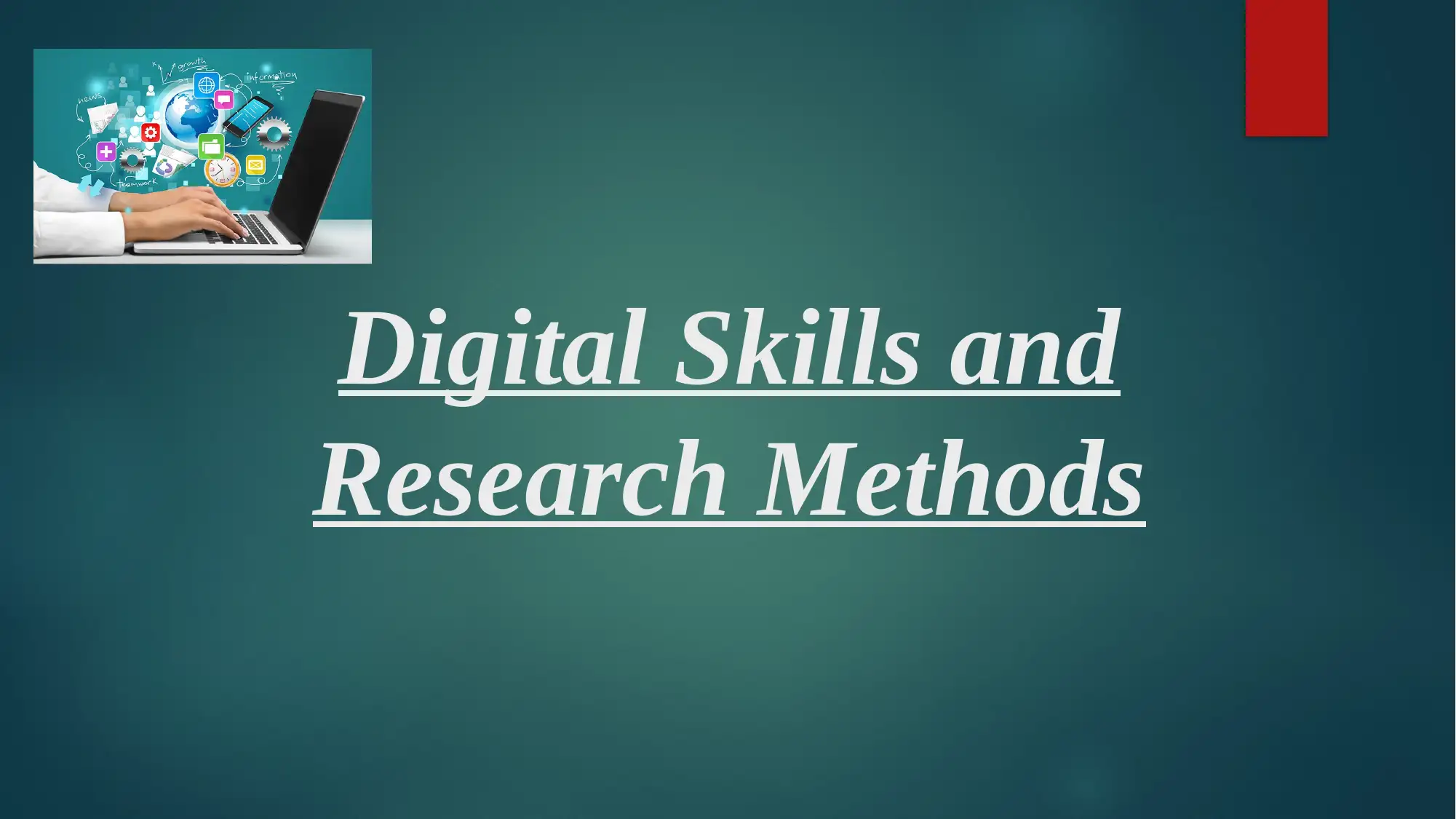
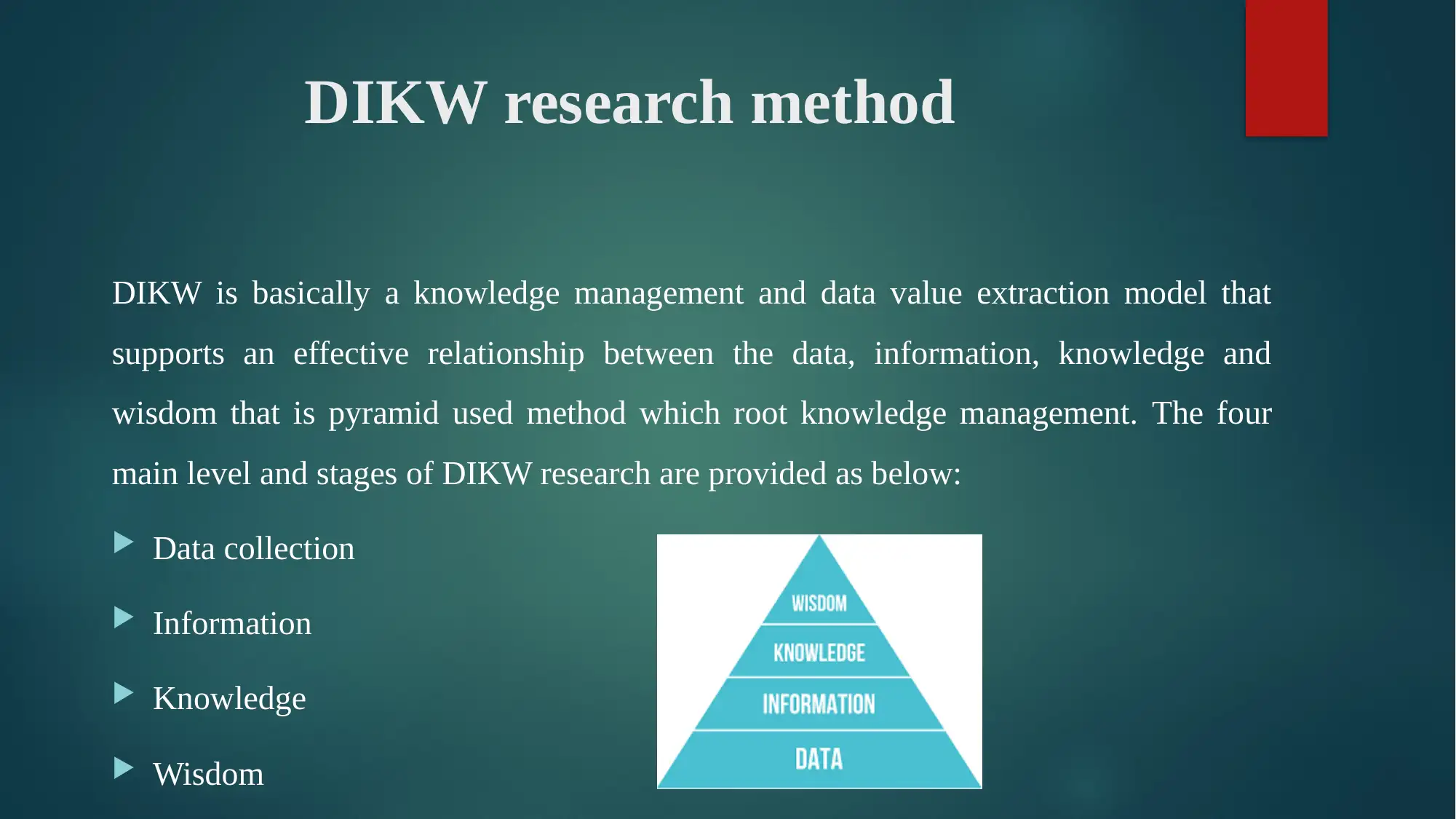
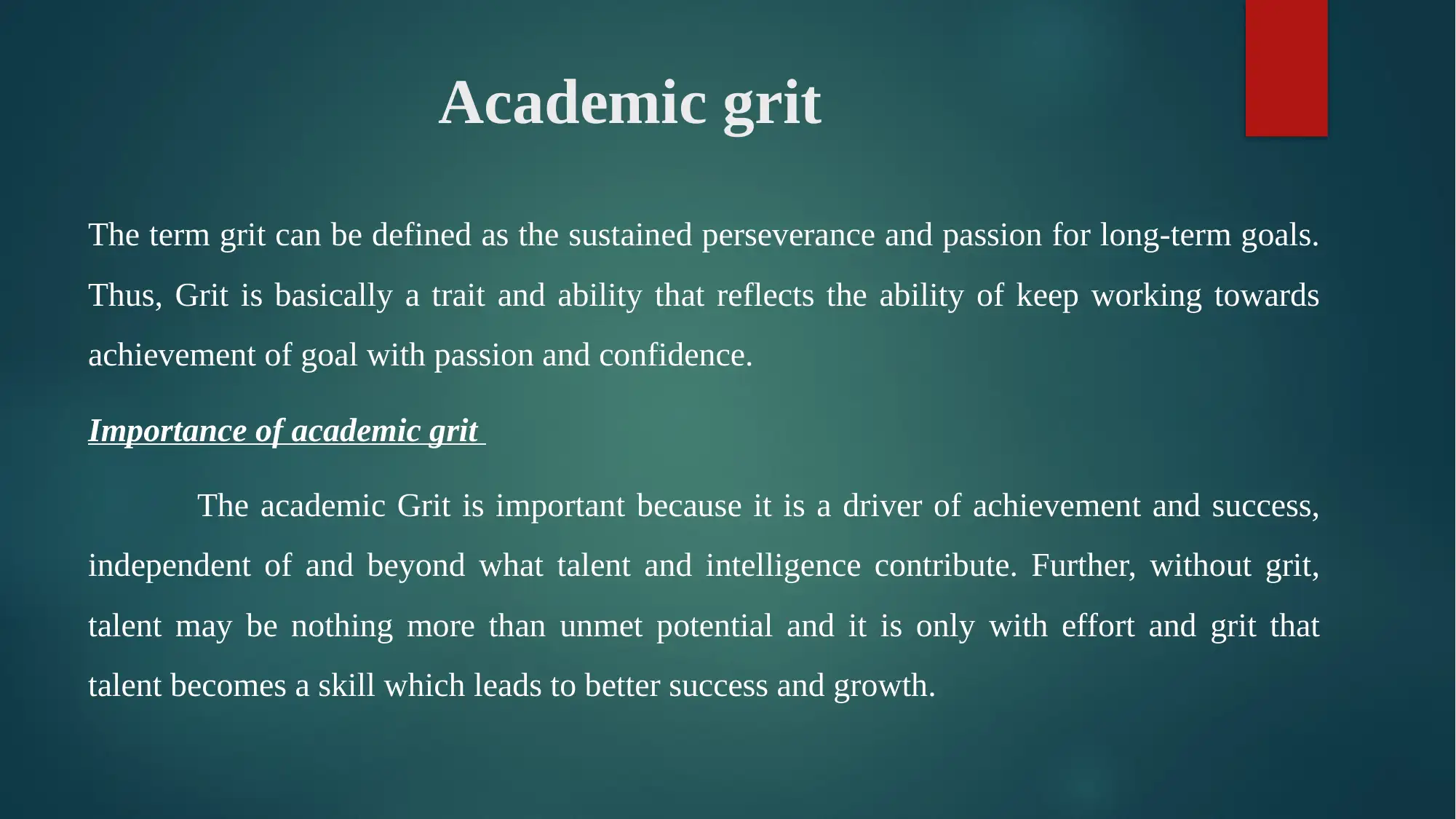
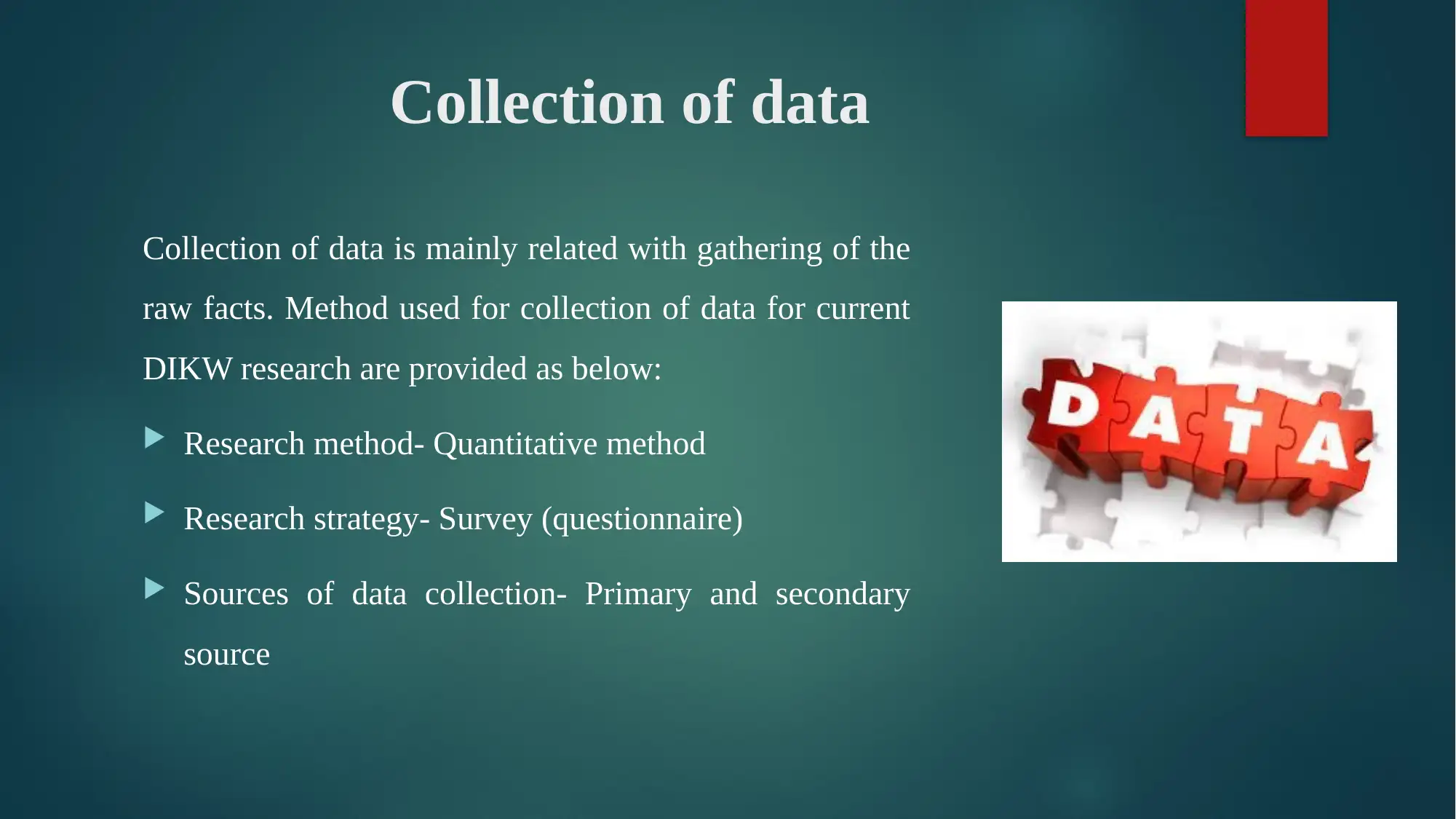
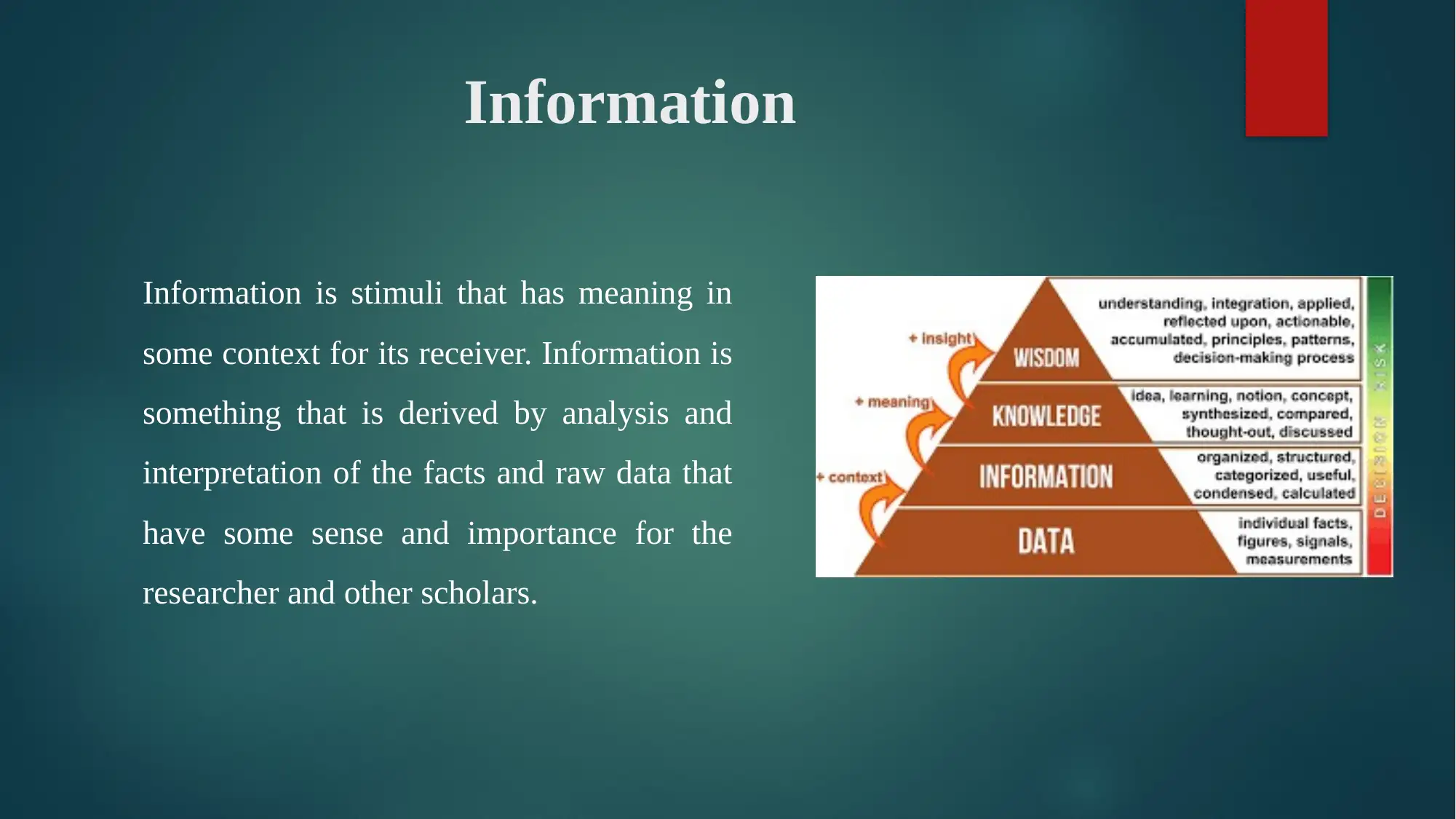
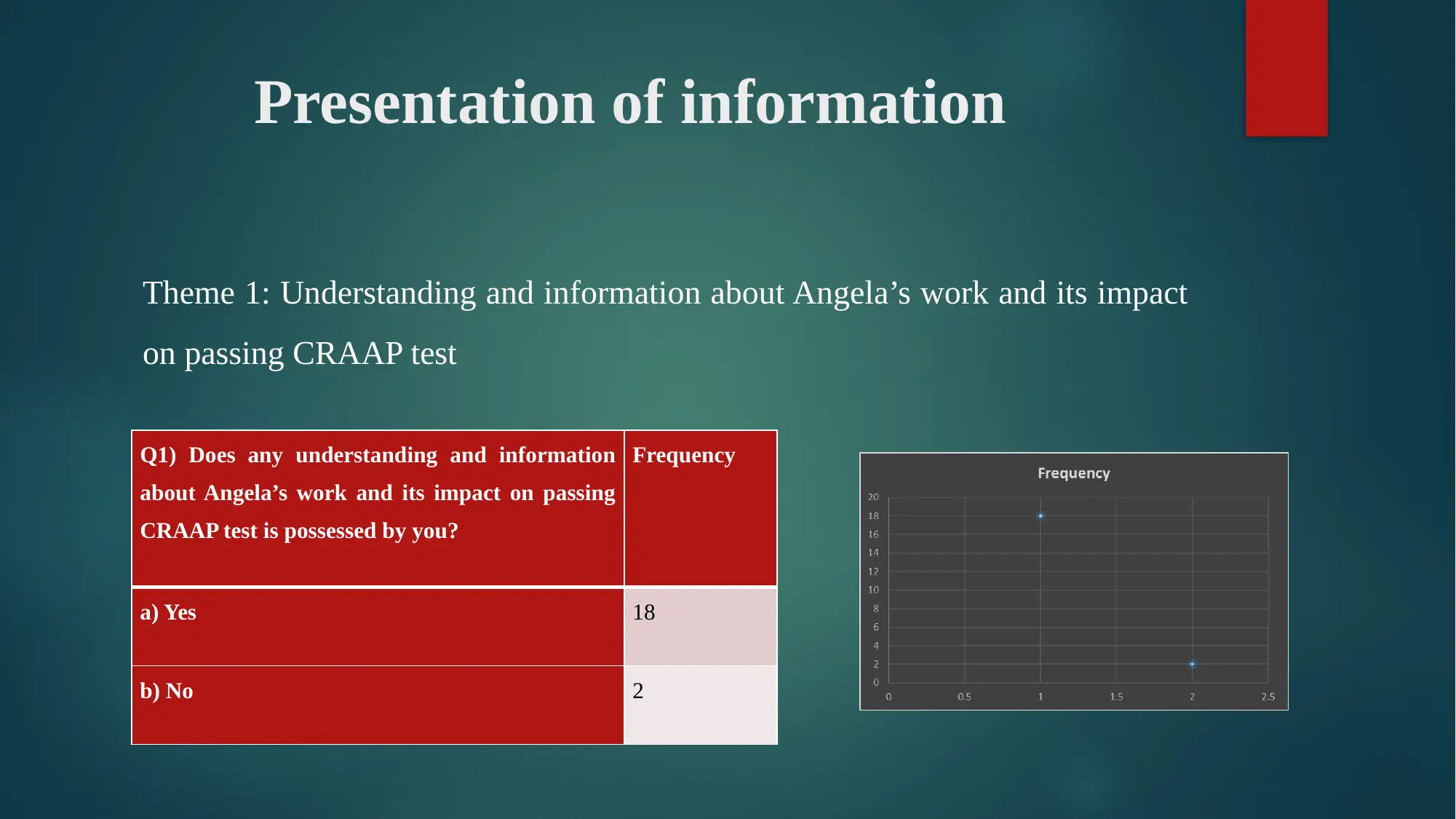
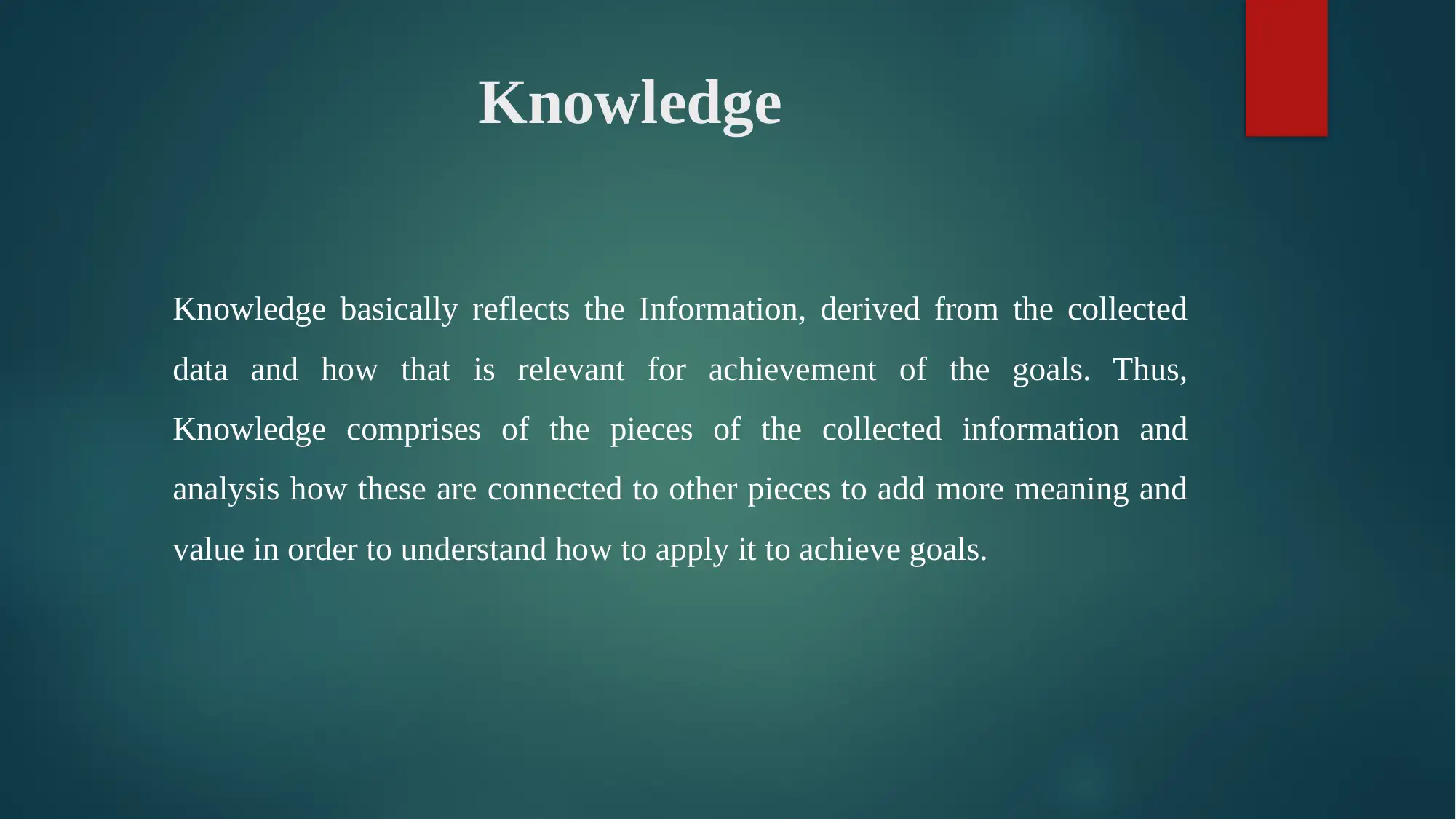
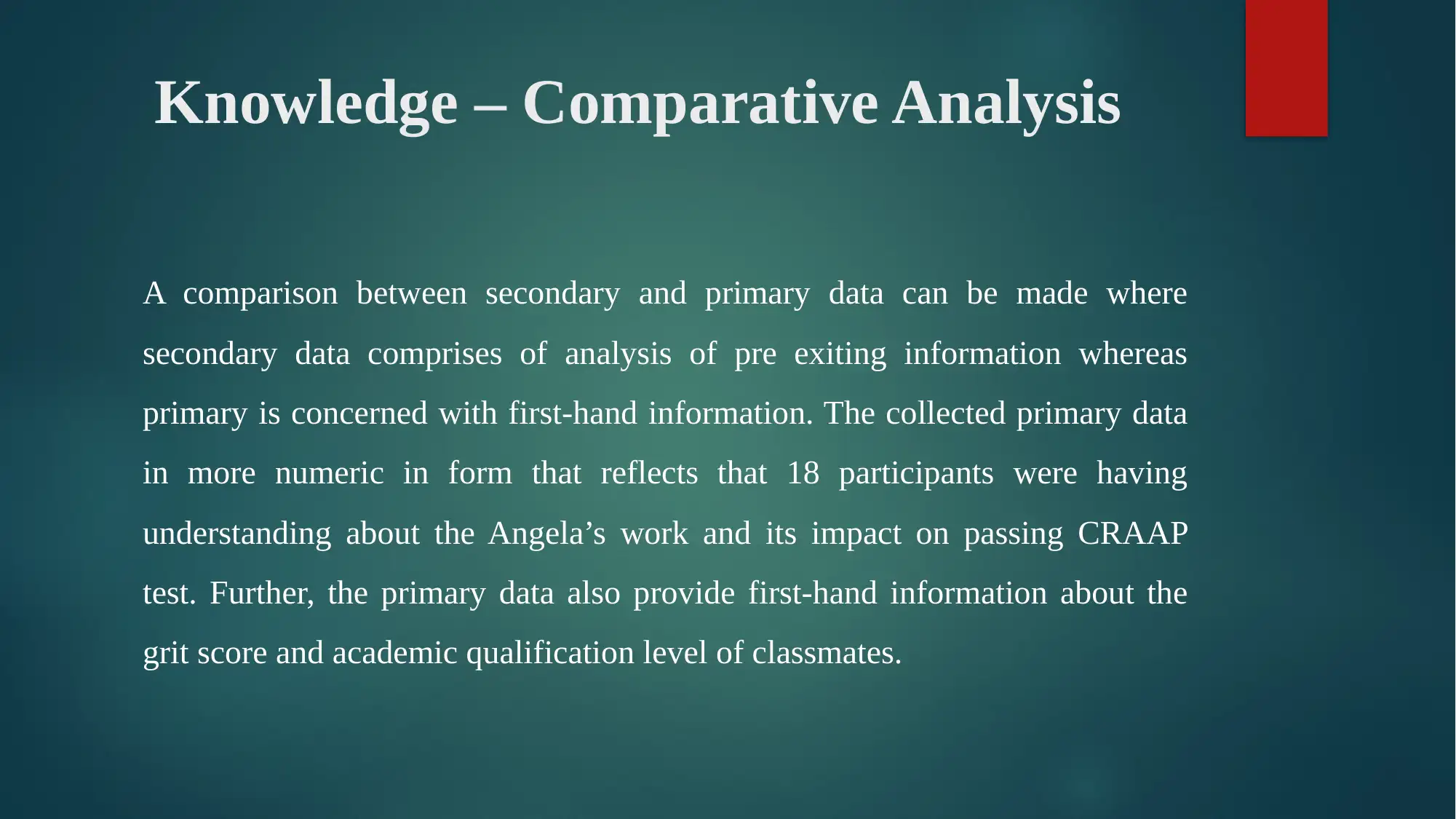
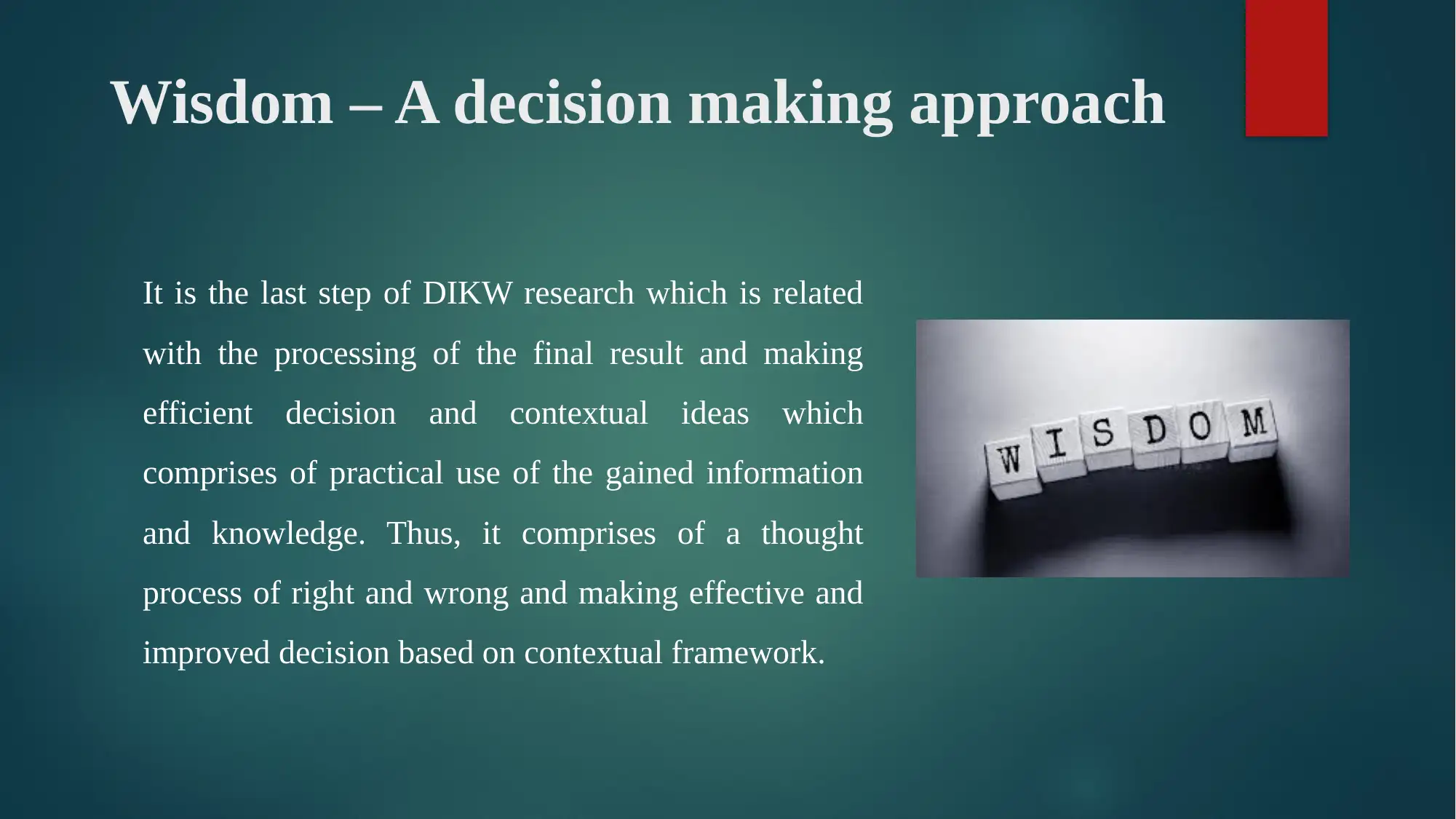
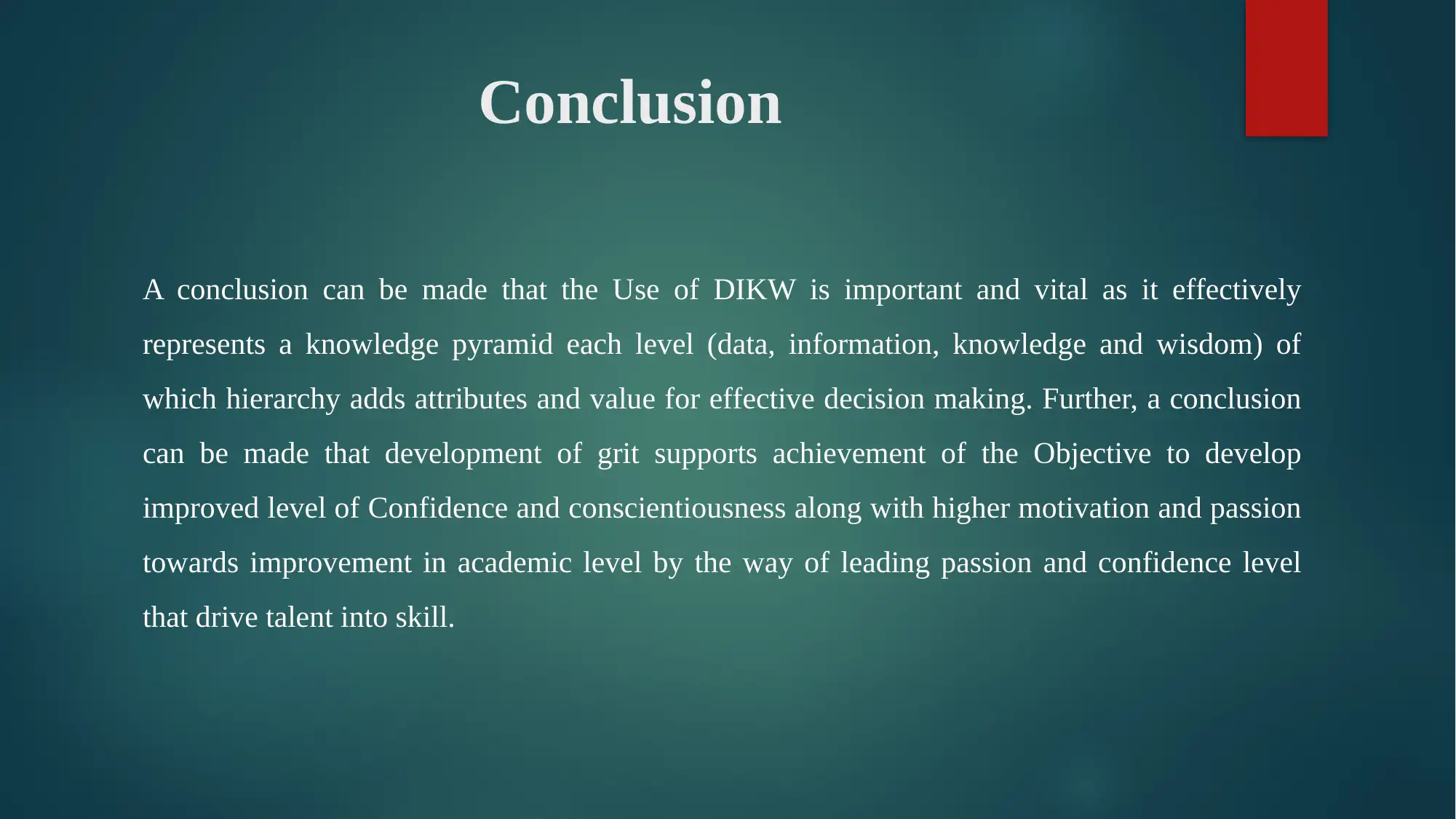
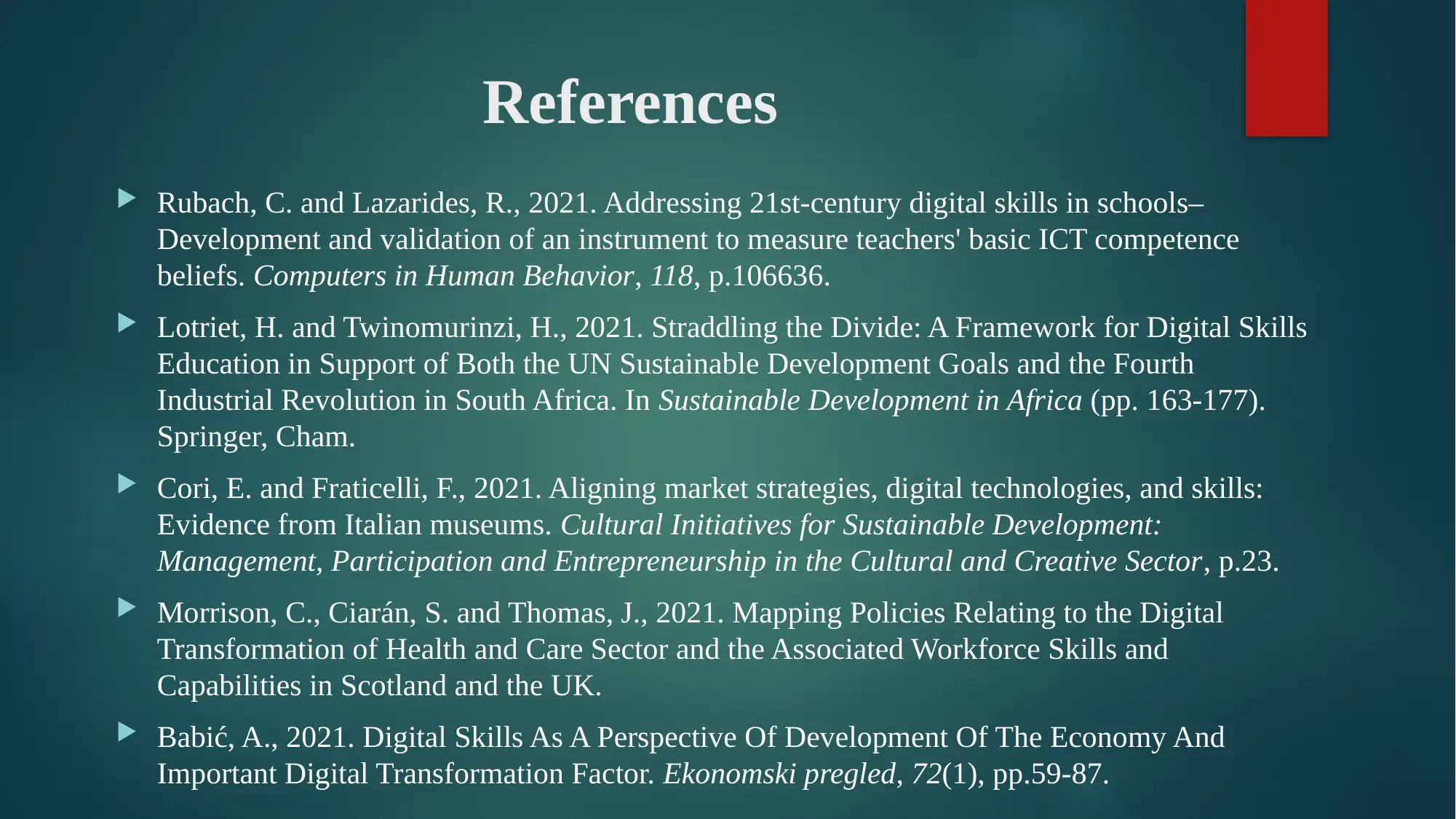







![[object Object]](/_next/static/media/star-bottom.7253800d.svg)